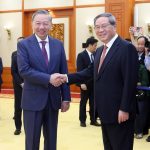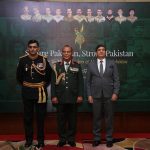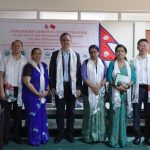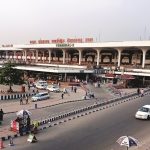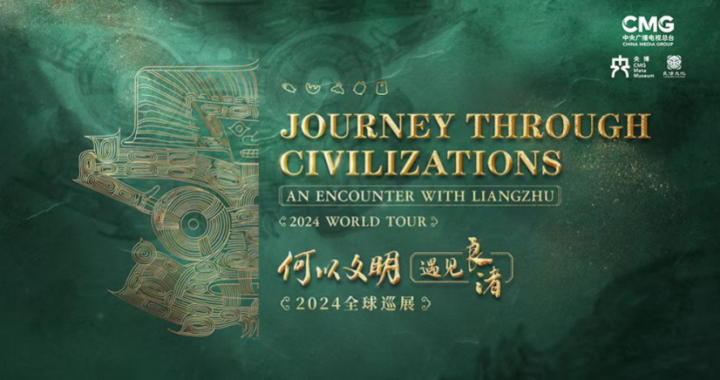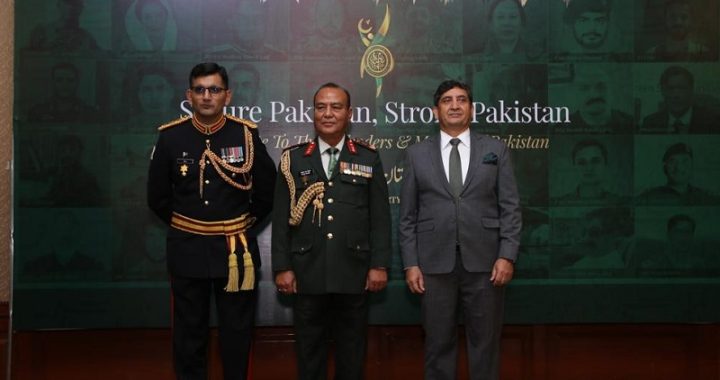South Korea, Japan, China leaders to promote North Korea-U.S. dialogue

China's Premier Li Keqiang speaks at a joint news conference between Japan's Prime Minister Shinzo Abe and South Korea's President Moon Jae-in at the 8th trilateral leaders' meeting between China, South Korea and Japan in Chengdu, in southwest China's Sichuan province December 24, 2019. Wang Zhao/Pool via REUTERS
Chengdu, China (Reuters) | 2019-12-24 Tuesday
China, Japan and South Korea have agreed to work together to promote dialogue between the United States and North Korea, South Korean President Moon Jae-in said on Tuesday following a summit between the three countries in China.
North Korea has set a year-end deadline for the United States to change what it says is a policy of hostility amid a stalemate in efforts to make progress on their pledge to end the North’s nuclear program and establish lasting peace.
North Korean leader Kim Jong Un and U.S. President Donald Trump have met three times since June 2018, but there has been no substantive progress in dialogue while the North demanded crushing international sanctions be lifted first.
Speaking in the southwestern Chinese city of Chengdu following a meeting with Chinese Premier Li Keqiang and Japanese Prime Minister Shinzo Abe, Moon said the three countries agreed on the need for close communication.
“South Korea, China, Japan, the three countries, agreed to continue close communication and cooperation toward denuclearization and lasting peace on the Korean Peninsula,” Moon said at a joint news conference.
“We shared a view that peace on the Korean Peninsula is in the common interest of the three countries, and decided to work together to ensure that denuclearization and peace continue through prompt North Korea-U.S. dialogue,” he added.
Li said that the three leaders reaffirmed the need to seek a resolution to the North Korean issue via dialogue and for the three to cooperate in this regard.
China is North Korea’s most important economic and diplomatic backer, though Beijing has been angered by Pyongyang’s repeated missile and nuclear tests.
U.S. special envoy for North Korea Stephen Biegun met with two senior Chinese diplomats during his two-day visit to Beijing last week, following similar meetings in South Korea and Japan days earlier, as diplomats make last-ditch attempts to prevent new confrontation.
Beijing, together with Russia, proposed last week that the United Nations Security Council lift some sanctions in what it calls an attempt to break the current deadlock and seek to build support.
But it is unclear whether Beijing can convince Seoul and Tokyo to break ranks with Washington, which has made its opposition clear and can veto any resolution.
Reporting by Norihiko Shirouzu; Additional reporting by Sangmi Cha in Seoul; Writing by Ben Blanchard; Editing by Jacqueline Wong




